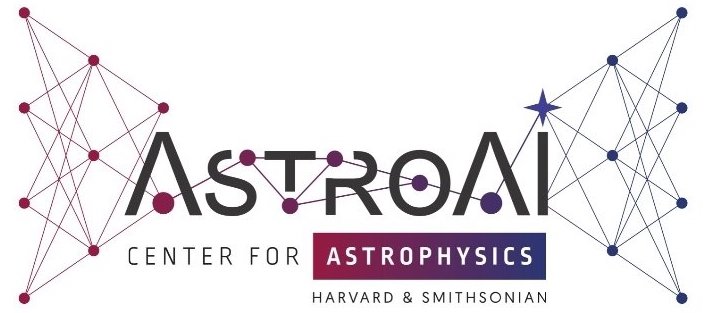Identification of Protohalos with Deep Learning
Presenter: Toka Alokda
Title: Identification of Protohalos with Deep Learning
Date/Time: Monday, June 17th, 2:30 - 4:00 PM; Thursday, June 20th, 3:30 - 5:00 PM
Abstract: Cosmological structure formation is the gravitational collapse of complex structures such as halos, filaments, and sheets from initially small density perturbations. This process is highly non-linear, and the best approximation we have for it are numerical N-body simulations, which are computationally expensive and time consuming. In this work we use deep neural networks to classify the particles in the initial conditions which will end up in halos at redshift z = 0, binned according to the final halo masses, through a semantic segmentation approach. Our models only take the initial density field at z = 99 as an input. This can be useful for the fast generation of mock halo catalogs for precision cosmology, making fast estimates of the Lagrangian bias, or getting some insights on the factors impacting structure formation. We compare the performance of a convolutional neural network and a vision transformer neural network for this task, and we find that vision transformer models are significantly more capable of making accurate predictions of the particles that will belong to a halo at z = 0. This shows great promise for vision transformers in extracting useful information from simulation boxes, subsequently giving them great potential for being used in the development of faster tools.
